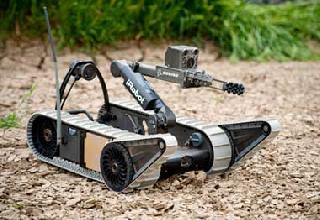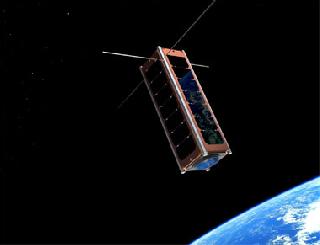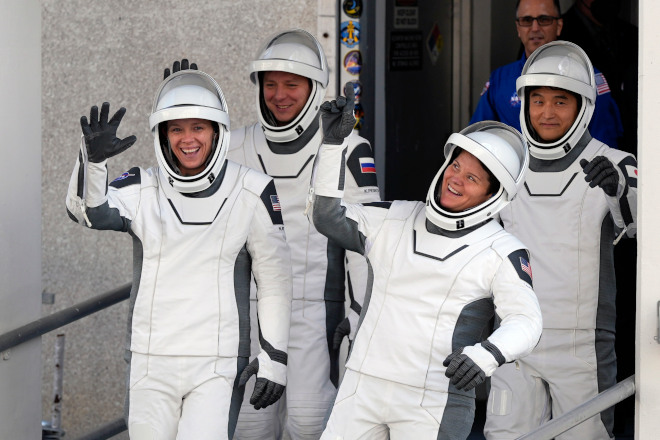
The International Space Station.
NEW YORK (PTI): The International Space Station will soon host the most accurate clock ever sent into space which could help reveal changes in nature's fundamental constants.
According to the New Scientist, the atomic clock will allow better synchronisation of clocks on Earth and probe exotic physics too.
In fact, the experiment, called Atomic Clock Ensemble in Space will be built by EADS Astrium and is scheduled to fly to the space station in 2014, the European Space Agency (ESA) has announced.
It will keep track of time by measuring the frequency of microwaves absorbed by cooled caesium atoms.
On Earth, the accuracy of caesium clocks is limited by gravity. The atoms are cooled by using lasers to slow them down, then tossed upwards into a cavity where measurements are made to determine the precise frequency of microwave radiation that they absorb and emit.
In microgravity, the atoms linger in the cavity, allowing for longer and more accurate measurements, said John Prestage of NASA’s Jet Propulsion Laboratory in California.
ACES should be at least 100 times as accurate as the clocks on GPS satellites, he said.
Using the space-station clock as a common point of reference, ground-based atomic clocks could be more accurately compared with one another.
What’s more, variations between atomic clocks could reveal if a physical constant called alpha – which governs the electromagnetic force – is not constant after all, say scientists.
 Previous Article
Previous Article Next Article
Next Article











The Indian Air Force, in its flight trials evaluation report submitted before the Defence Ministry l..
view articleAn insight into the Medium Multi-Role Combat Aircraft competition...
view articleSky enthusiasts can now spot the International Space Station (ISS) commanded by Indian-American astr..
view article